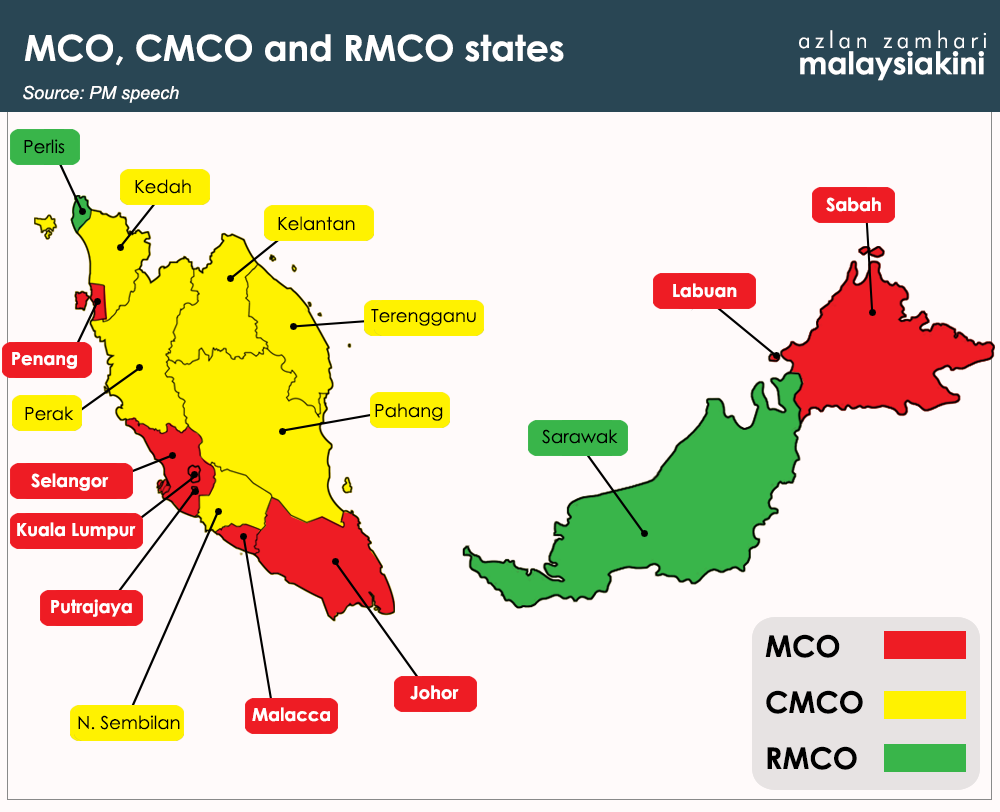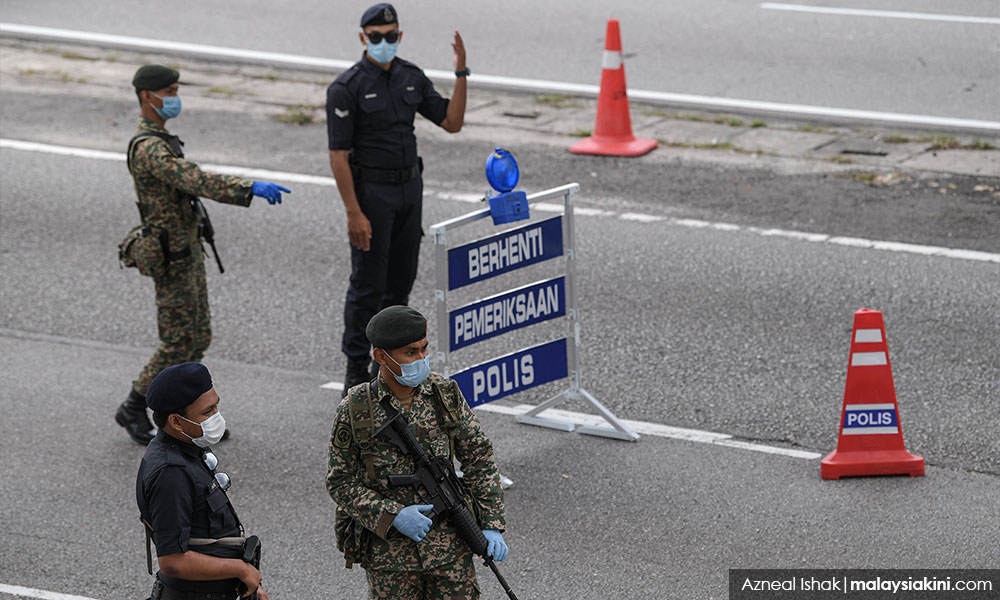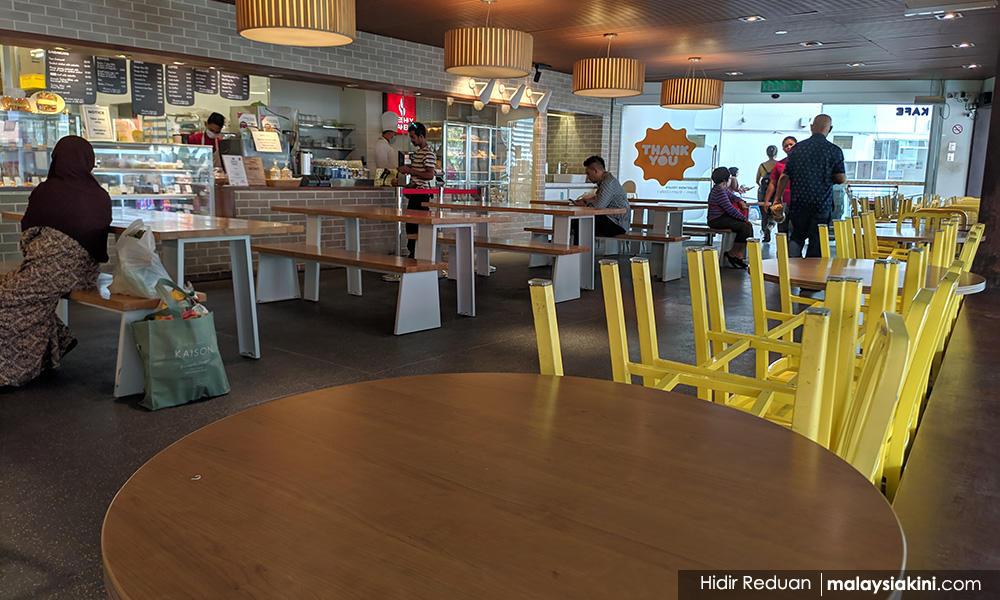 |
| Sales done: According to Knight Frank Malaysia, there are pockets of
success by some developers reporting bookings and sales for their
affordable homes during the movement control order period despite the
fact that physical viewings were disallowed. |
DEMAND for residential properties in Penang is expected to remain steady during the second half of 2020, especially if the homes are from renowned developers with good quality products.
Knight Frank Malaysia executive director Mark Saw says there are pockets of success by some developers reporting bookings and sales for their affordable homes during the movement control order (MCO) period (from March 18 to May 3), despite the fact that physical viewings were disallowed.
“In this challenging environment, developers with a strong brand name and good delivery of quality products should still achieve decent returns and the gap between higher and lower quality properties will become more evident with better sales for those able to deliver.
“These factors will play a critical role in determining the success of developments. It has become a buyer’s market and many deals are being offered by developers to attract first-time buyers as opposed to investors who have been temporarily sidelined, ” he tells StarBizWeek.
Due to the Covid-19 pandemic, Saw says buyers’ preferences and timings may change, with decisions being put on hold due to job security, ample choices and rentals being more competitive.
CBRE|WTW director Peh Seng Yee says the pandemic’s impact has been softened in the second half of the year with the recovery MCO (which was implemented from June 10).
 CBRE|WTW
director Peh Seng Yee says the pandemic’s impact has been softened in
the second half of the year with the recovery MCO (which was implemented
from June 10).
CBRE|WTW
director Peh Seng Yee says the pandemic’s impact has been softened in
the second half of the year with the recovery MCO (which was implemented
from June 10).
“As housing is a necessity and with the bank loan moratorium, the residential property sector has been cushioned from the worst impact.
“Hence, the residential market is expected to remain resilient for the second half of 2020. Significant growth is not expected yet as the issue of property overhang, lack of spending confidence by consumers and stringent lending policies by banks are expected to still linger for the remainder of the year.”
Additionally, both Saw and Peh agree that the reintroduction of the Home Ownership Campaign (HOC) was a much-needed boost to the local property market. The government reintroduced the HOC in June under the Short-Term Economic Recovery Plan (Penjana).
Mark
Saw: In this challenging environment, developers with a strong brand
name and good delivery of quality products should still achieve decent
returns and the gap between higher and lower quality properties will
become more evident with better sales for those able to deliver.
Peh says the HOC is expected to continue to spur the buying momentum for residential properties in Penang over the short term.
“Developers are experiencing a pick-up in bookings by buyers compared with the first half of 2020, which was mainly affected by the MCO.
“However, the encouraging bookings have yet to be fully translated into good actual sales, due largely to stringent lending policies by the bank and the challenges and uncertainty in the economy and job market.”
Saw also believes the HOC will be a short-term reprieve for the local property market.
“The HOC initiatives will only be a temporary measure. For the long term, developers should carry out proper feasibility studies to determine the marketability of their products before commencing developments and ending up with unsold units.”
According to Saw, the volume of residential transactions in Penang decreased 19.7% to 2,748 units in the first quarter of 2020 compared with 3,422 units in the fourth quarter of 2019.
“The value of transactions in the residential sub-sector during the first quarter (RM1.06bil) indicated a drop of 17.2% compared with RM1.28bil in the fourth quarter of last year, ” he says.
Under the HOC, stamp duty exemption will be provided on the transfer of property and loan agreement for the purchase of houses priced between RM300,000 and RM2.5mil.
Meanwhile, the exemption on the instrument of transfer under the HOC is limited to the first RM1mil of the home price, while full stamp-duty exemption is given on loan agreement effective for sales and purchase agreements signed between June 1 and May 31,2021.
The government has also announced real property gains tax (RGPT) exemption for Malaysians for the disposal of up to three properties between June 1,2020 and Dec 31,2021.
The HOC was kicked off in last January to address the overhang problem in the country. The campaign, which was initially intended for six months, was extended for a year.
It proved successful, generating total sales of RM23.2bil in 2019, surpassing the government’s initial target of RM17bil.
Meanwhile, Knight Frank in its Real Estate Highlights Research for the first half of 2020 says that amid the current global recession, Invest Penang has revised downwards its foreign direct investment (FDI) target for 2020 to RM5mil.
“This will be supported by the shift towards Industry 4.0 and the various tax incentives and reinvestment allowances as announced under Penjana that seeks to promote Malaysia as a choice destination for FDIs.”
To clear RM2.6bil worth of 3,043 overhang units in the state, Knight Frank says the Penang local government, housing, town and country planning committee has announced that the state will reduce the minimum price threshold for foreign property ownership by up to 40% starting from June 11,2020.
“Ceiling prices for stratified properties on the island will be reduced by up to 20% from RM1mil to RM800,000 and on the mainland, from RM500,000 to RM400,000.”
In the high-end condominium segment, Knight Frank says IJM Perennial has put on hold the development of The Light City.
“Prior to the Covid-19 pandemic, the group had indicated that it would resume development in August 2020. To be developed over a period of more than four years, Phase 1 will feature a mall with 680,000 sq ft net lettable area, the Penang Waterfront Convention Centre, a four-star hotel with 500 rooms, offices and the ‘Mezzo’ residential condominiums.
“Meanwhile, for Phase 2, there are plans for a 300,000-sq-ft mall, a five-star hotel with 250 rooms, offices, the ‘Essence’ residential condominiums and possibly an experiential theme park. It is worth noting that the commencement of Phase 2 will be determined by the sales of the Mezzo condominiums and the occupancy of the mall.”
As for the office sub-sector in Penang, Knight Frank says the average occupancy rate for four prime buildings monitored in George Town remained stable at 89%.
“According to the latest National Property Information Centre report, the average occupancy rate in the state continued to hold steady at 81.4% in the first quarter of 2020 (compared with 81.3% in the fourth quarter of 2019).”
Source link
Related posts:

( From left) Chow looking at the Penang NCER
human capital graphic info. With him are John, state executive
councillor Datuk Abdul Halim .
Millennials now make up over a third
of the workplace and overwhelmingly value flexibility in where, when and
how to work. And top talent has been increasingly clustering in dense
urban areas and has been unwilling to commute to suburban office parks
We found that data availability and transparency in the real estate sector is less than what we were used to when we were
Related news:
Minister: Unsold high-end properties here to be offered to HK ...
Vacancy tax – timely solution to problem of property overhang
Insight - Solution sought for unsold high-end properties | The ...
Vacancy tax on back burner | The Star
EXCLUSIVE It's off!: Proposed tax on unsold property put on ..
































